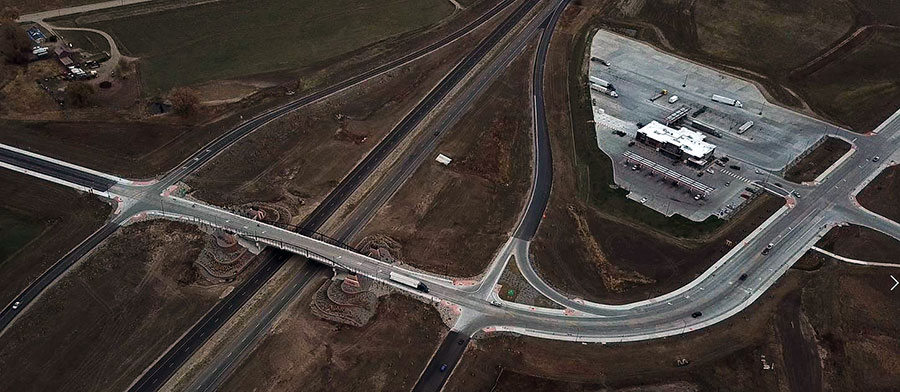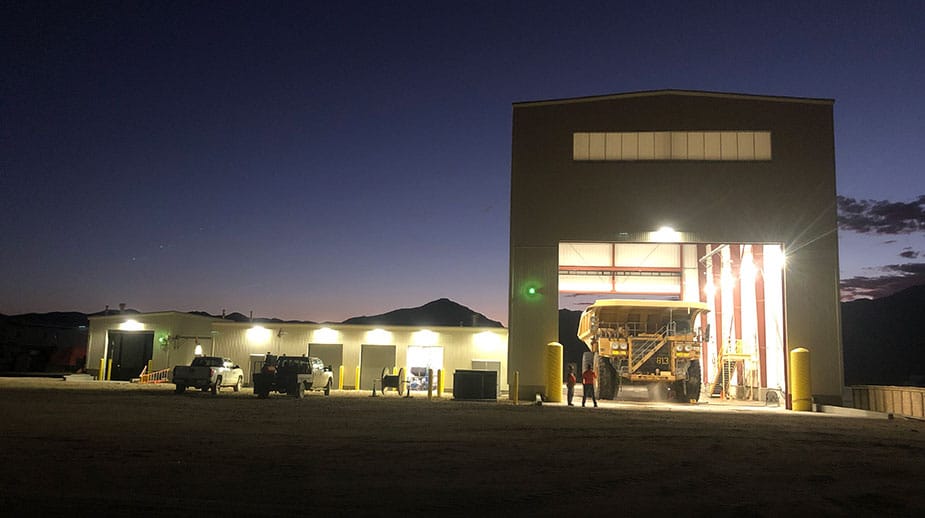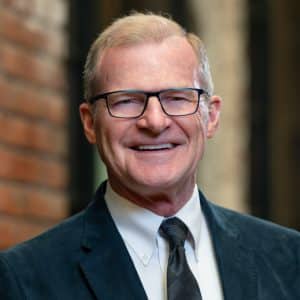
Doing the Right Thing? A Code of Ethics Can Help Guide Us
By Craig Nowak, PE
Periodically, it’s a good time to pause and think about how we practice our engineering profession and the boundaries we must keep as we work to build new infrastructure and improve upon the infrastructure we already use.
Like most professional organizations, the American Society of Civil Engineers (ASCE) has a code of ethics that ASCE members are expected to uphold in their professional duties. In a broader sense, these can be viewed as common sense rules by which engineers should conduct themselves, whether or not they are civil engineers or ASCE members.

Having said that, though, not all situations we might find ourselves in are so clear-cut that we know the proper course of action. Furthermore, we sometimes get so wrapped up in a situation that we lose sight of doing the right thing. Doing the right thing can be considered the basis for a code of ethics. A periodic review of our professional society’s code of ethics can help calibrate our ethical compass.
Revisiting the Code
ASCE’s Code of Ethics was adopted in 1914 and has been amended over time, with the most recent revision occurring in 2017. The last comprehensive review was in 1974. ASCE is completing a major rework of the Code of Ethics, resulting in a more streamlined code.
The code consists of four fundamental principles and eight fundamental canons. The fundamental principles forming the canons are as follows:
Engineers uphold and advance the integrity, honor, and dignity of the engineering profession by:
- Using their knowledge and skill for the enhancement of human welfare and the environment.
- Being honest and impartial and serving with fidelity the public, their employers, and clients.
- Striving to increase the competence and prestige of the engineering profession.
- Supporting the professional and technical societies of their disciplines.

The fundamental canons are generally paraphrased as follows:
- Protect the public’s safety, health, and welfare and do so with respect to sustainable development.
- Practice only in our area of competence.
- Maintain truth and objectivity in public statements.
- Serve as a faithful agent for our employer and client, and avoid conflicts of interest.
- Build our professional reputation on our merit and not compete unfairly with others.
- Uphold and enhance the honor, integrity, and dignity of the profession and not even think about bribery, fraud, and corruption.
- Continue our professional development and assist with the same for those under our supervision.
- Treat all people fairly and encourage equitable participation without regard to personal status.
These canons seem reasonable and provide clear guidance on how we practice our profession. If only this were the case as we make this world better.
These canons are expanded and outlined in the ASCE Code of Ethics and can be reviewed here.
Available Resources
Still, certain situations will be gray and fuzzy when attempting to proceed ethically. ASCE offers a hotline that members can call to discuss questions and also addresses topics of ethics each month with a regular article, A Question of Ethics, in the ASCE magazine Civil Engineering.
Most of us, as human beings and engineers, strive to do the right thing. If only it were easy to ascertain the right thing to do when an ethics question arises in every situation we encounter. It isn’t always easy.

However, there are resources available to engineers that can provide guidance in sticky situations that are not clear-cut. ASCE members have access to webcasts and a new book featuring case studies, conference ethics sessions, and journal articles as noted above, or can even call ASCE. Various ASCE publications are also available for reference, namely Ethics Guidelines for Professional Conduct for Civil Engineers.
As engineers going about our professional duties, we assume we are doing the right thing. It would be naive, however, to think that we don’t encounter questionable crossroads that give us reason to pause and think. As members of the engineering profession, it would be only prudent to seek further guidance when we come to these questionable crossroads.
